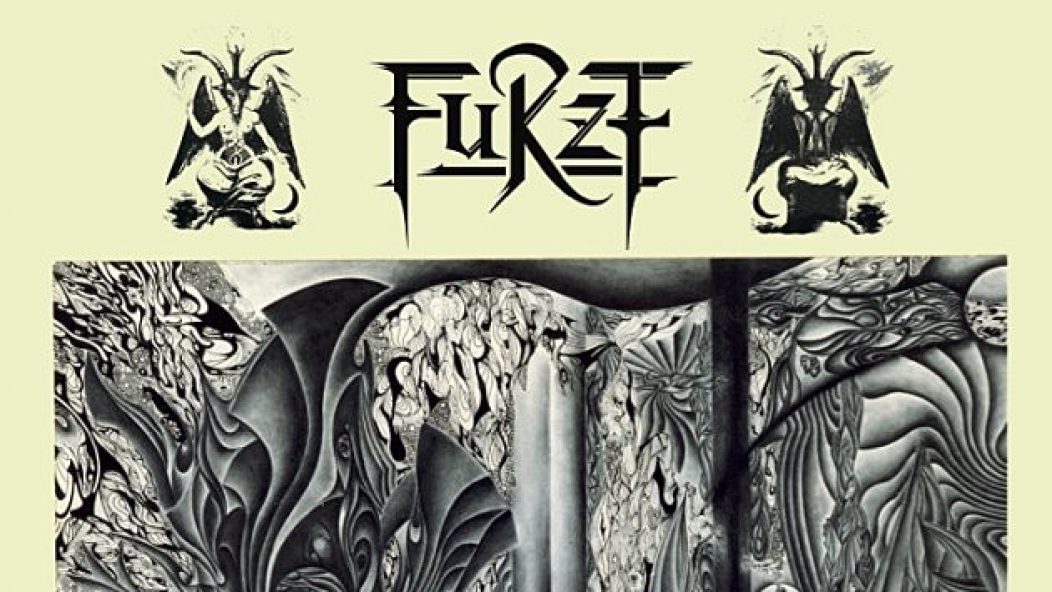
Furze - Baphomet Wade (Premiere)
…
Even a cursory survey of weird metal’s scattershot history, however, contradicts that simplistic narrative. In fact, it’s much more plausible to argue that the most authentic weirdness in metal is the weirdness that sprang up with and through the development of orthodoxy. Hell, you don’t even need to get out of one of heavy metal’s foundational runs – Black Sabbath’s first six albums – before you realize that, man, Sabotage is a weird album. And that doesn’t even take into account Technical Ecstasy or Born Again, for crying out loud. Cirith Ungol’s King of the Dead, Celtic Frost’s To Mega Therion, Demilich’s Nespithe, Voivod’s Killing Technology, Coroner’s No More Color, etc.: all albums that are deeply weird in one way or another, but which did not depend for their genesis on the genre from which they sprang having entered a period of creative stagnation.
Weirdness in black metal is a little more complicated, in part because the aesthetics of black metal’s second wave coalesced so quickly that much of the generative tissue of eventual weirdness seemed to become static much faster than in the development of other genres. It’s also complicated because, far more than in other subgenres, the weirdness in black metal has so often been an intentionally outre, performative weirdness. One need only look at the likes of Sigh, Arcturus, Fleurety, Dodheimsgard, Solefald and so on to see bands reveling in their strangeness. Although the Ur-weirdness of Ved Buens Ende seemed more naturally come by, that is much more the exception than the rule in weird black metal.
Which brings us, finally, to Furze. Two things are incontrovertible: Furze is weird, and Furze (usually) plays black metal. Unlike the majority of black metal’s tinkerers and ruiners, however, Furze doesn’t exactly feel like sole weirdo Woe J Reaper is trying to be weird. As truly, uniquely, disconcertingly weird as his music is, it feels instead like the product of a fundamentally strange musical personality trying to make, well, regular-ass black metal. This means that even as Baphomet Wade, his most “traditionally” black album since 2007’s UTD, tramples its stupidly graceful way through surf rock, post-punk, fake endings, witchy punk-rap, psych-doom, and Darkthrone-baiting atavism, it sounds like nothing so much as one guy trying to make black metal the way he hears it in his head.
But to focus solely on the curiosity of Furze’s music does a disservice to its animating conservatism: as it was and shall be, Baphomet Wade is a showcase for riffs. Mr. Reaper’s fingers are so fleet and smooth throughout the album that we may as well crown him Sideways Black Metal’s Mark Knopfler and be done with it.
I’ll be honest: I don’t know why you listen to music. But if enlarging one’s stock of life experience by temporarily sharing the headspace of an artist rings true for you, then Baphomet Wade is a gift. This is how the world sounds to someone else whom you will never meet. Living in these songs for their brief lief is like having someone drive you home while you’re half-drunk in the passenger seat. The streets and stars outside are yours, but they’re moving, on someone else’s volition, through an unfamiliar geometry.
Let Furze show you a new way to remember old truths.
…
…
Baphomet Wade is out this Friday, 11/27, via Freshtea. Follow Furze on Facebook.
…










